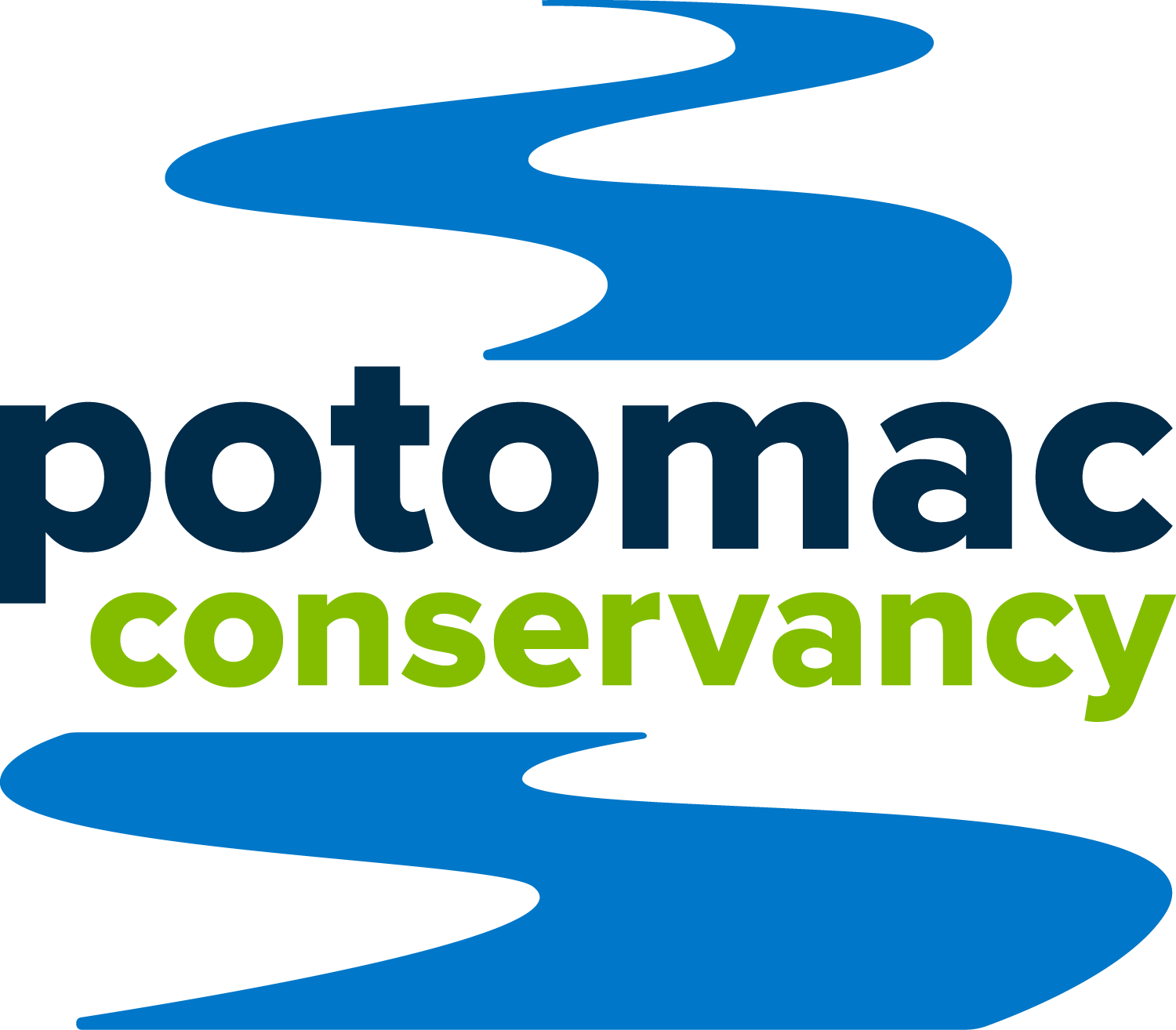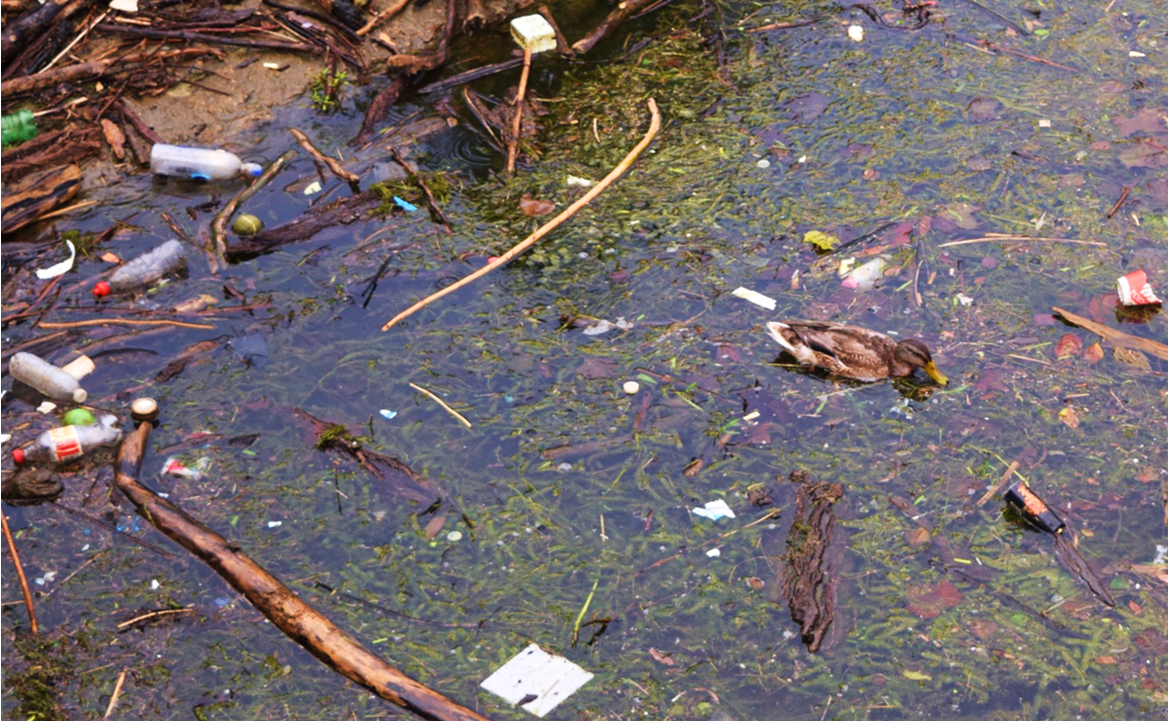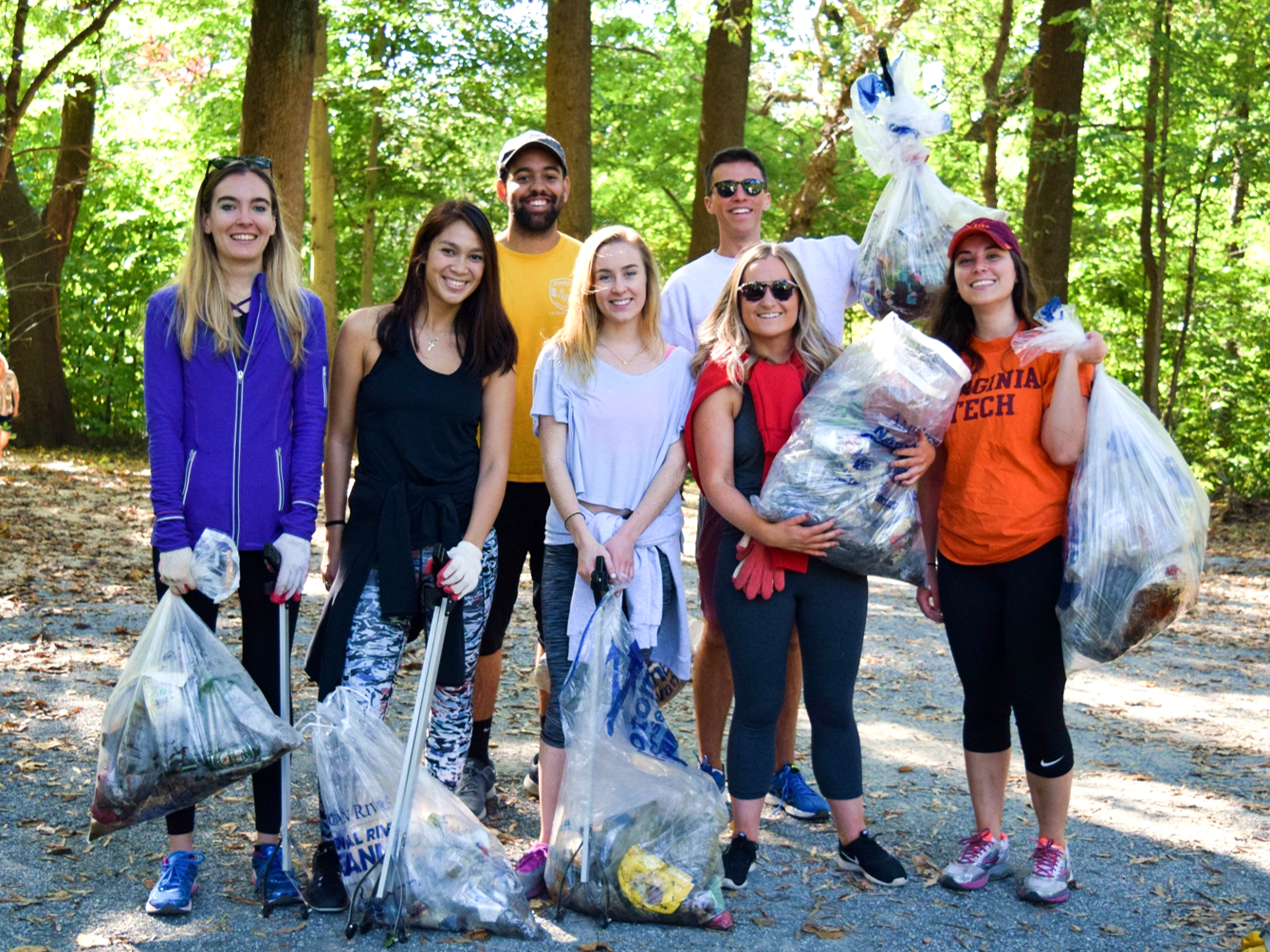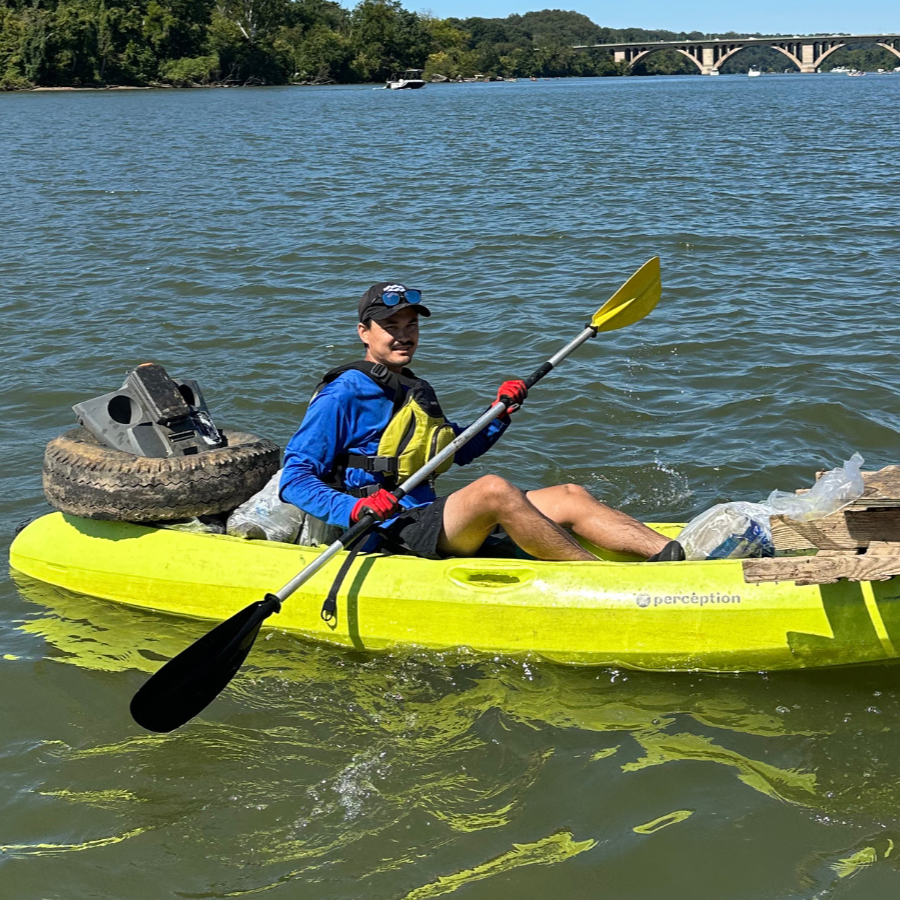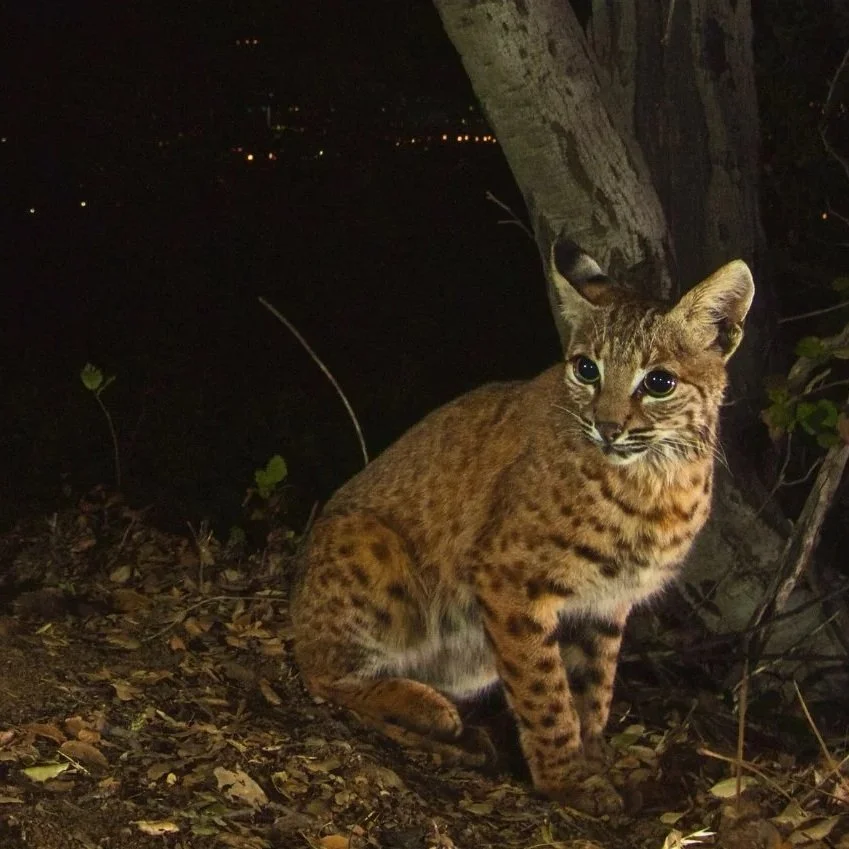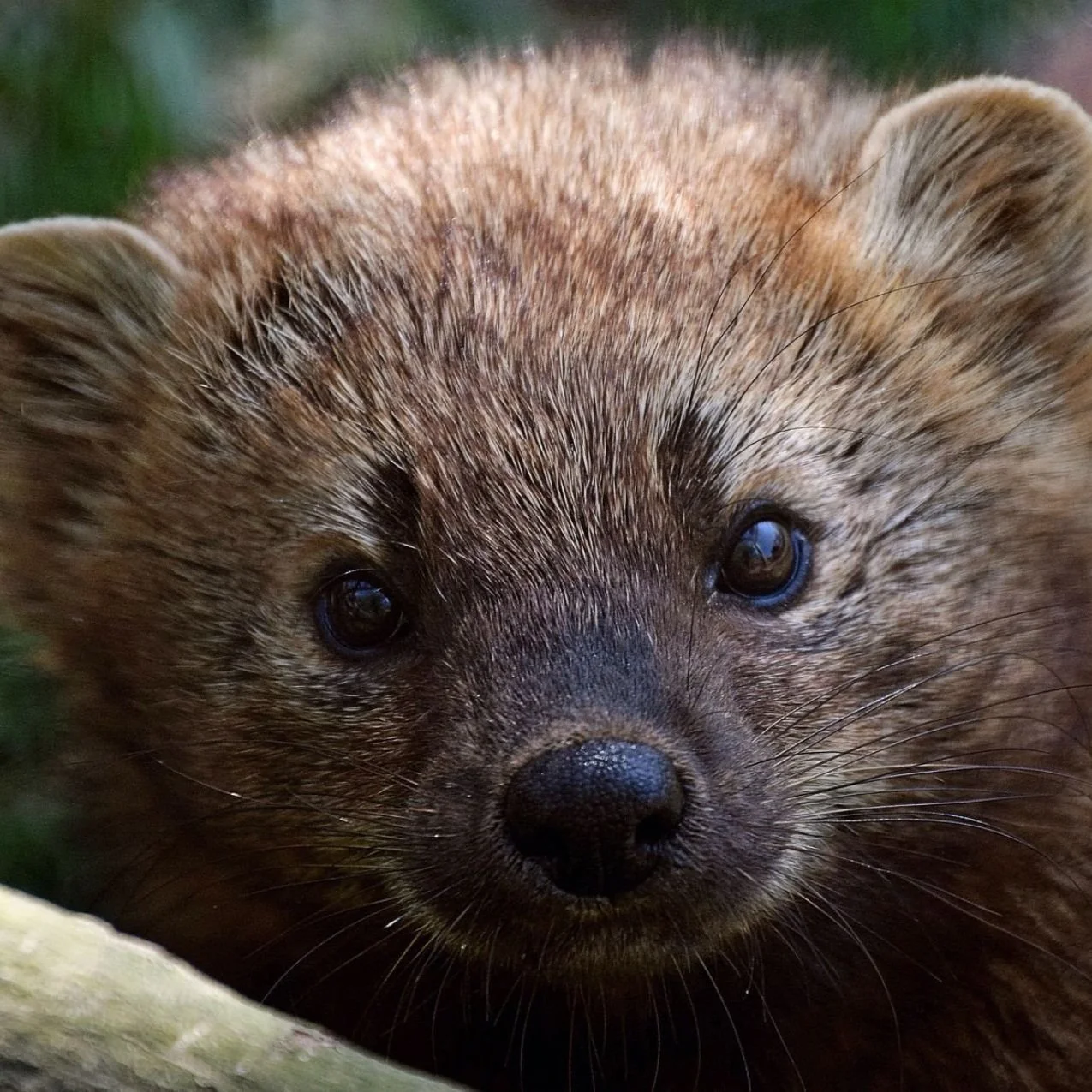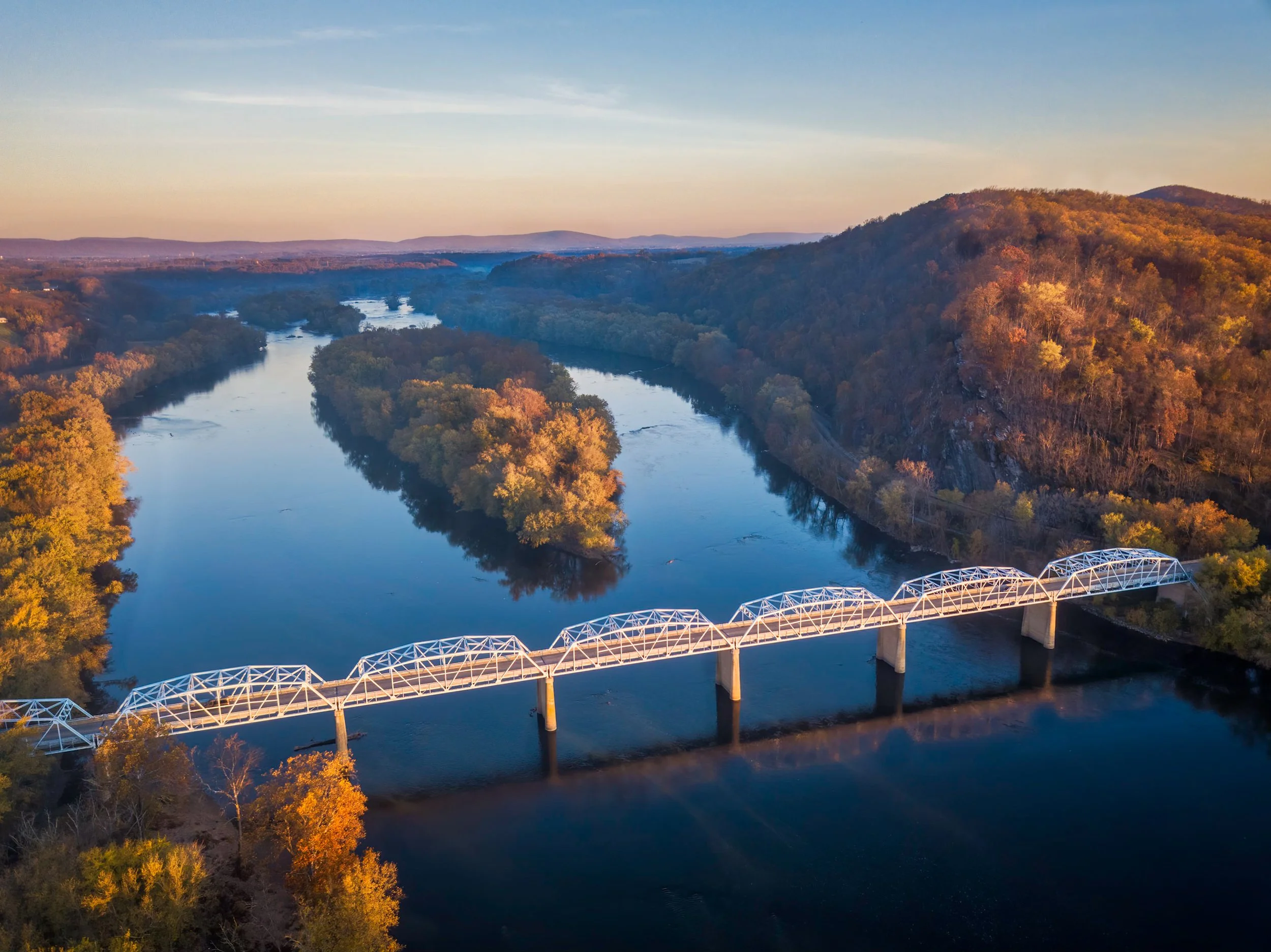The Potomac is trashed with plastic litter - Here are the top 5 plastics we're finding
/Local wildlife will thank you for ditching plastic
© William MacFarland, courtesy of MacFarlandPhoto.net
Cleaning up our local rivers and streams isn't just good for public health. It's great for wildlife, too!
The Potomac Gorge is home to over 1,000 species of animals, making it one of the most ecologically diverse regions in the country. And we’re not joking when we use the term diverse.
Case in point — Did you know that dolphins live in the Potomac River? The bottlenose dolphin has been in the area for hundreds of years, and researchers at the Potomac-Chesapeake Dolphin Project have documented over 1,000 individuals in the river since 2015.
Unfortunately, litter - particularly plastic - threatens all of the local critters that call the Potomac River home. Plastic waste leeches toxins into our drinking water source and breaks down into small pieces that can choke wildlife. That’s why Potomac Conservancy works year-round with volunteers to remove plastic litter and other trash found in the Potomac River.
Here are the top 5 sources of plastic litter we’re finding out on local shorelines. Help us make the Potomac a safe haven for wildlife by removing and reducing these 5 types of common plastic waste:
Straws
Straws collected at Anacostia Park during the 2018 Potomac Watershed Cleanup Day
Plastic straws have been put on blast recently, and for good reason. It’s estimated that US consumers use over 500 million straws every day - that’s like filling 127 buses!
Their slim design allows them to easily get stuck in mouths or nostrils, restricting an animal’s breathing.
Although DC has banned these pesky objects, some establishments might be slow to adhere to the new law, and straws can still make their way into the Potomac from other cities. So, just say no to straws and support measures to eliminate their use.
Styrofoam
Foam coolers, cups, and food containers are one of the biggest eye sores on local trails and shorelines.
Foam is quick to break down, and tiny pieces are eaten by wildlife. Food remnants found on Styrofoam takeout containers encourage animals to eat the container too, which can lead to choking and digestive problems.
Some local governments are working to ban more forms of Styrofoam, so encourage your elected leaders to say bye, bye, bye, to this troublesome source of litter.
Water bottles and caps
Thousands of single-use plastic bottles end up in local streams and rivers each year. They, like other plastic, can leach toxic chemicals in the water - chemicals that cause excess hormones in fish.
How bad is the problem? Endocrine disrupting compounds found in local waters, from a variety of sources, are causing intersex smallmouth bass fish in the Potomac River.
And, where a bottle is floating in the water, a bottle cap probably isn’t too far away. Like straws, bottle caps present a choking hazard to fish and birds. Bring a reusable water bottle with you on your next trip and for bonus points: try out plogging.
Plastic bags
Thankfully, fewer and fewer plastic bags are making their way into the Anacostia and Potomac rivers because of declining consumer use and local bag fees in the District and in Montgomery and Prince George’s counties in Maryland.
But, the ones that do sneak into the water pose serious threats. Animals can get tangled up in plastic bags, inhibiting their movement and possibly choking them. Choose reusable totes and (especially if you’re in Virginia), urge your local leaders to pass bag bans and taxes!
Food wrappers
If we see another chip bag or granola wrapper on the shorelines of the Potomac River, we’re going to lose our minds! They’re everywhere.
Most of the food we eat is packaged with some sort of plastic. Too many of these wrappers end up in our local streams, polluting the Potomac and harming the many animals that live there. In addition to being a choking hazard, ingesting food wrappers can cause serious intestinal issues.
Pocket those wrappers after you snack outside and do a solid for local wildlife.
Volunteer at Our Next Cleanup!
Potomac Conservancy is doing our part to remove plastic litter from local waterways. Over 44,000 volunteers have removed over 140 tons of plastic and trash from our hometown river - enough to fill the US Capitol Dome 53 times!
Volunteer and help protect the Potomac River!
Bring a friend and come get your hands dirty at our next cleanup -
Sign up to volunteer at www.potomac.org/events.


